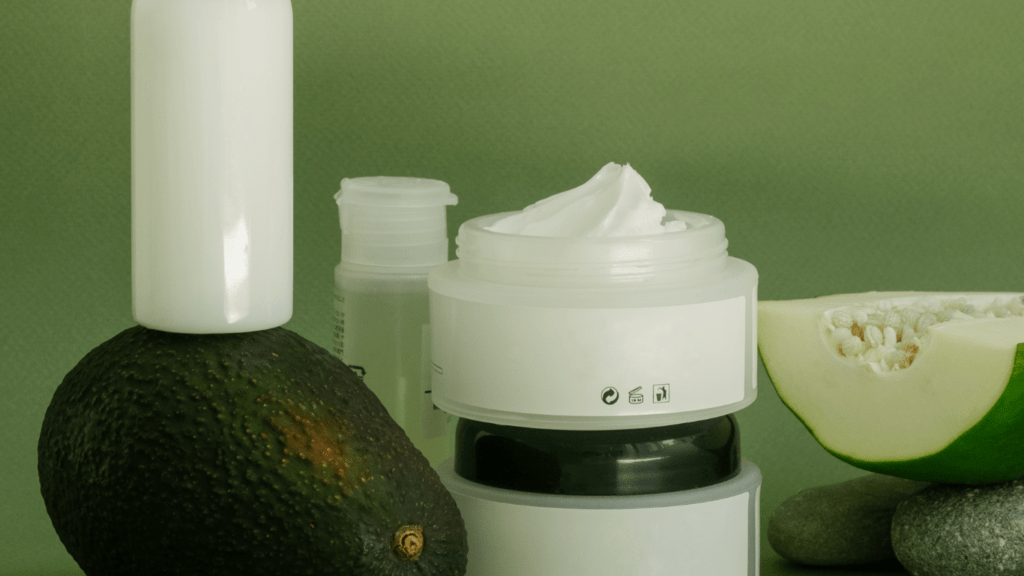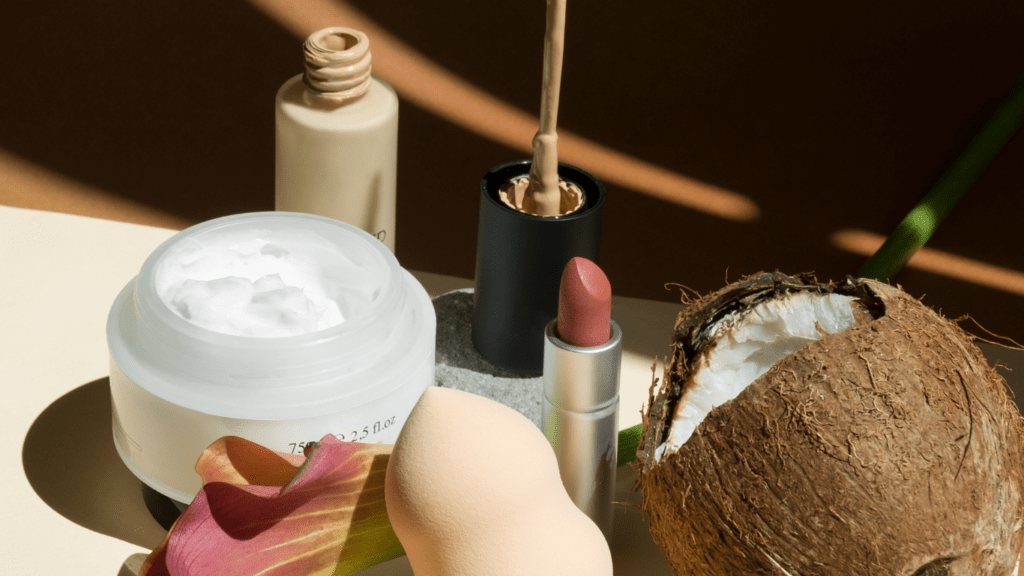Understanding Eco-Friendly Beauty
Eco-friendly beauty focuses on minimizing environmental impact while promoting sustainable practices. It involves choosing products formulated with natural, organic ingredients instead of synthetic chemicals. Unlike conventional beauty products, eco-friendly options are designed to be biodegradable, reducing pollution and protecting ecosystems.
Sustainable packaging is another critical aspect of eco-friendly beauty. Many brands use recyclable materials, such as glass, aluminum, and compostable plastics. By selecting products with eco-conscious packaging, consumers can reduce waste and support recycling initiatives. Several companies also offer refillable containers, diminishing the need for single-use plastic.
Ethical sourcing of ingredients is essential when discussing eco-friendly beauty. Brands committed to sustainability often ensure their raw materials come from sources that prioritize fair labor practices and environmental conservation. Supporting these brands means endorsing ethical supply chains and contributing to the preservation of natural resources.
Cruelty-free testing practices align with eco-friendly beauty principles. Many companies avoid animal testing, opting instead for alternative methods like in-vitro testing and computer modeling. By purchasing cruelty-free products, consumers can further advocate for humane treatment of animals in the beauty industry.
Understanding these components underscores the importance of making informed choices about the beauty products we use. Eco-friendly beauty isn’t just about what’s in the bottle; it’s a comprehensive approach to promoting a healthier planet.
Importance Of Organic Products
Organic products play a crucial role in promoting sustainability within the beauty industry. They offer numerous benefits for both the skin and the environment.
Benefits For Skin Health
Organic beauty products contain natural ingredients derived from plants and minerals. These ingredients, free from synthetic chemicals, reduce the risk of skin irritation and allergies. For example, organic oils like jojoba and argan nourish the skin without clogging pores. Honey and aloe vera provide hydration and anti-inflammatory properties, enhancing skin health. With fewer preservatives and artificial additives, organic products support the skin’s natural balance, making them ideal for sensitive and reactive skin types.
Environmental Impact
Organic products significantly lessen environmental harm by avoiding harmful chemicals. Traditional beauty products often contain sulfates, parabens, and phthalates, which can pollute water systems when washed off. By contrast, organic products use biodegradable ingredients that decompose naturally without harming ecosystems. Organic farming practices, fundamental to producing these ingredients, emphasize soil health, water conservation, and biodiversity. These practices reduce carbon footprints and sustain natural resources for future generations.
Sustainable packaging is another critical aspect. Many organic beauty brands utilize recyclable materials and offer refillable options, decreasing plastic waste. Ethical sourcing of ingredients ensures that organic products support fair labor practices and environmental conservation efforts. This holistic approach to production promotes a healthier planet.
Key Ingredients In Eco-Friendly Beauty Products

Eco-friendly beauty relies on natural, organic ingredients and thoughtful packaging to minimize environmental impact while maintaining effectiveness and safety.
Natural Oils And Extracts
Natural oils and extracts form the backbone of eco-friendly beauty products. Ingredients like argan oil, sourced from the kernels of the argan tree in Morocco, provide hydration and essential fatty acids. Aloe vera, derived from the aloe plant, soothes and heals the skin. Green tea extract, known for its antioxidant properties, reduces the damage caused by free radicals, protecting the skin from premature aging. These ingredients are sustainably harvested, supporting both environmental and community health.
Sustainable Packaging
Sustainable packaging reduces waste and environmental impact. Many eco-friendly beauty brands use recyclable materials such as glass or biodegradable plastics. Some brands offer refillable containers, encouraging consumers to reuse instead of discard. Packaging made from recycled content reflects the commitment to reducing the carbon footprint. Brands can significantly lower their environmental impact by incorporating these packaging strategies, creating a more sustainable beauty industry.
Brands Leading The Charge
Several brands are leading the charge towards sustainability in the beauty industry. These companies prioritize eco-friendly practices, helping to set new standards for environmental responsibility.
Top Eco-Friendly Beauty Brands
- RMS Beauty
RMS Beauty uses raw, food-grade ingredients and prioritizes minimal processing to preserve natural properties. This results in products that are not only effective but also safe for the environment. - Herbivore Botanicals
Herbivore Botanicals emphasizes the use of natural, plant-based ingredients. The brand’s dedication to sustainable sourcing and recyclable packaging helps minimize environmental impact. - Tata Harper
Tata Harper produces 100% natural and non-toxic beauty products. The company grows many of its ingredients on its certified-organic farm, ensuring purity and sustainability. - Ilia Beauty
Ilia Beauty focuses on clean makeup made from organic and naturally-derived ingredients. Their packaging incorporates recycled aluminum, glass components, and responsibly sourced paper. - The Body Shop
The Body Shop has long been at the forefront of ethical beauty. Their commitment to cruelty-free testing and community trade ensures their products are both eco-friendly and socially responsible.
- Sustainable Sourcing
Brands like Lush ethically source ingredients through their Sustainable Lush Fund. They invest in regenerative farming and permaculture projects, promoting environmental conservation. - Refillable Packaging
Companies like Kjaer Weis offer refillable options, reducing waste significantly. By encouraging customers to reuse packaging, they lower the demand for single-use plastics. - Biodegradable Materials
Ren Clean Skincare uses biodegradable formulas and innovative packaging materials designed to break down naturally, preventing long-term environmental harm. - Waterless Products
Brands such as Ethique create solid shampoos and conditioners, eliminating the need for water in both the product and its manufacturing. This reduces water usage and transportation emissions. - Carbon Neutral Initiatives
Inika Organic has achieved carbon-neutral certification by offsetting their emissions through sustainable projects. They focus on reducing their carbon footprint across all operations.
By embracing these innovative practices, these brands demonstrate how eco-friendly initiatives can integrate into everyday beauty routines, fostering a more sustainable industry.
Consumer Considerations
Consumers play a vital role in promoting eco-friendly beauty. Knowledge and awareness help in making informed choices that benefit both personal well-being and the environment.
How To Identify Truly Organic Products
Identifying truly organic products involves scrutinizing labels and certifications. Look for USDA Organic or Ecocert logos, which ensure rigorous organic standards. Products must contain a high percentage of organic ingredients and avoid synthetic chemicals and GMOs.
Ingredients lists provide crucial insights. Natural oils like coconut oil and shea butter, along with plant extracts such as aloe vera and chamomile, indicate organic origins. Avoid products listing parabens, sulfates, and synthetic fragrances, as these are common in conventional beauty items. Packaging should also support sustainability; recyclable and biodegradable materials reflect a brand’s commitment to eco-friendliness.
Common Misconceptions
Several misconceptions about organic beauty products exist. One common belief is that “natural” equates to “organic.” However, natural ingredients aren’t necessarily grown without pesticides or synthetic fertilizers. Organic certifications distinguish genuinely eco-friendly products from those that are merely natural.
Another misconception is that organic beauty products are less effective. On the contrary, ingredients like:
- argan oil
- green tea extract
- essential oils
offer potent skin benefits. Sustainable packaging doesn’t mean compromising on quality or luxury. Brands committed to eco-friendly practices, like Tata Harper and Herbivore Botanicals, provide high-performance products with minimal environmental impact.
By understanding these details, consumers can make educated decisions that align with sustainable and ethical beauty standards.



